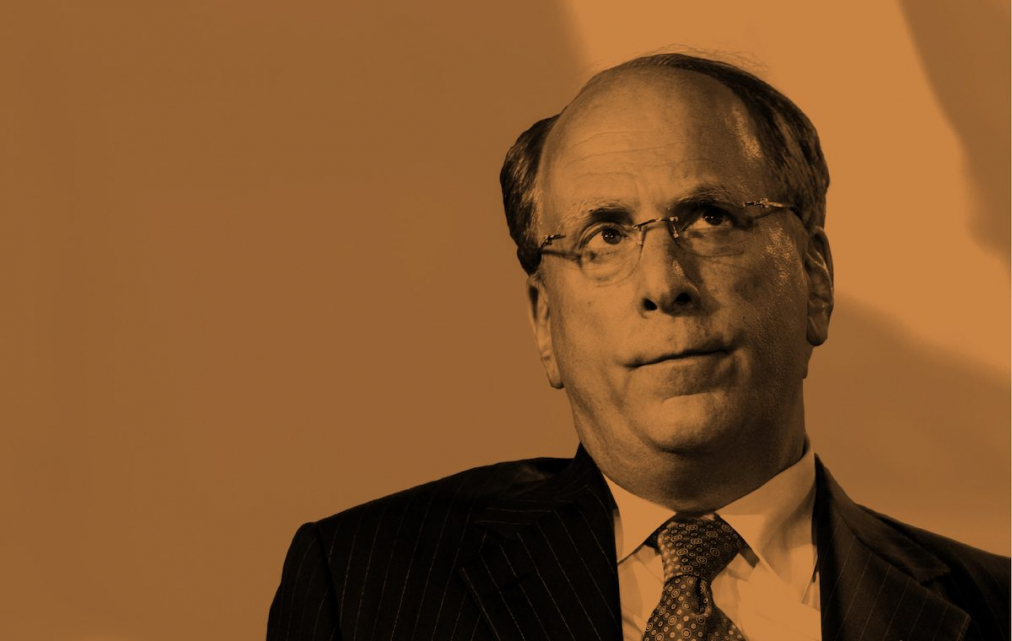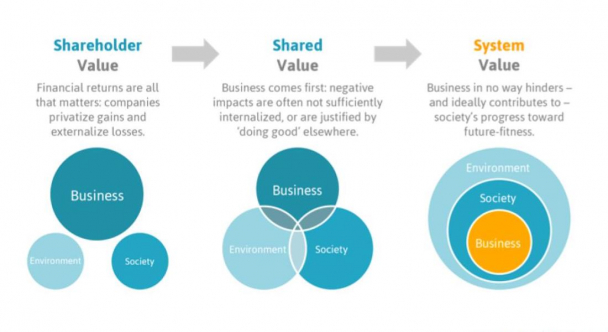An Open Letter to Larry Fink

It is an opportunity to be seized, not a risk to be managed. Transparency and responsiveness has time and again proven to generate value—in both the short and long terms.
Stakeholder engagement presents profound opportunities for leading companies.
Third, we are deeply concerned with your view that “access to capital is not a right. It is a privilege.” About 2,750 billionaires control 3.5% of the world’s wealth, the Paris-based Global Inequality Lab said in a recent report.
Wealth distribution is a dramatic, alarming, and growing problem.
ExxonMobil affects every stakeholder on Earth. In the context of the climate emergency, incremental improvement is not enough.
In a climate emergency, incremental improvement is not enough.
Ready to start making positive impact?
Benefit from our many years of experience. No task is too big or too complex for our team.

